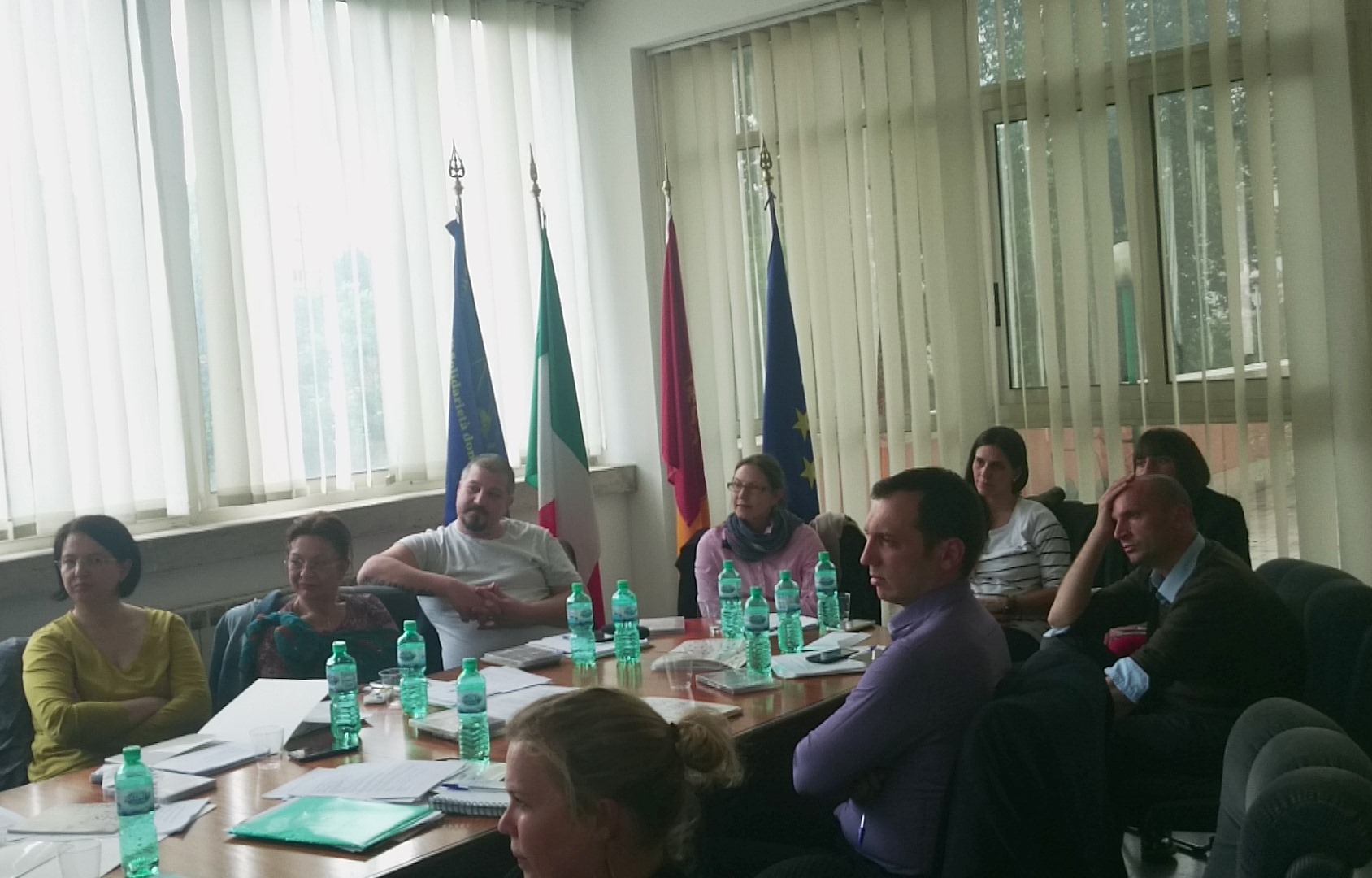- Details
- Category: News
- Published: 09 June 2016

A week in May, 16-20, was devoted to the EU project (Triple R) study visit to Rome and Centro Italiano di Solidarieta don Mario Picchi, or CEIS.
Triple RRR project has now its own website, click here for a detailed project description and all study visits.
The framework of the study visit reflected the need to understand the Italian rehabilitative model based on the "Progetto Uomo" ( "Project Man") ideals. A project "Man" has historically opened new opportunities for recovery in Italy, promoted acceptance for differences among the clients of the community, perceiving addiction as a humanity disease, different for each human being.
There are 1200 drug treatment communities in Italy and in 2015 there were 90 000 persons in treatment.
Italian perspective over the public and private governance in the rehabilitation of drug users has been oriented to the Christian and family values. It was developed with some assistance from the Vaticane, explained CEIS Area coordinators, Massimo Caciolo and Andrea Pilloni.
"Project Man" implies that the more responsibility one gets as the treatment evolves, the less control is exercised on the way.
We were intorduced to the Progetto Uomo rehabilitation model applied at 2 therapeutic communities, at San Carlo residential facility in Castelgandolfo and at Santa Maria therapeutic Community. Both communities apply the 3-phase model (physical intervention, phychological therapy and consciencious involvement) but have different residential programmes that can last 18-20 months.
Among therapy goals are individual autonomy (reaching autonomy, not sobriety (!)), remodelling cognitive maps (meaning that treatment centre is a place of awareness and care, where clients get their pharmacotherapy gradually decreased in a protected environment; and reshape their family relationships), and rapid resocialization.
The project partners were involved in a psychodrama, reflecting a process of rapid resocialization. It is a technique to visualize in a graphic way a relationship in a group at one specific moment. The parameters used are "attraction" and "rejection". We also had a glimpse into the double-diagnosis treatment by ECO programme.
The project partners worked on reorganizing the work load, finalizing the main concepts for the manuals and set some new deadlines for the work on the Triple R Project publications on Rehabilitation, Recovery and Reinsertion as well as for the justice intervention handbook.
ECAD looks forward to publishing and spreading the manuals on Rehabilitation, Recovery and Reinsertion - the joint work of 4 established recovery communities in the EU and a handbook on Justice Intervention - the experience and knowledge of Drug Courts in Belgium put in print this autumn.
This is the first output of the RRR project that will be presented and spread at the EU headquarters in Brussels at the beginning of 2017.